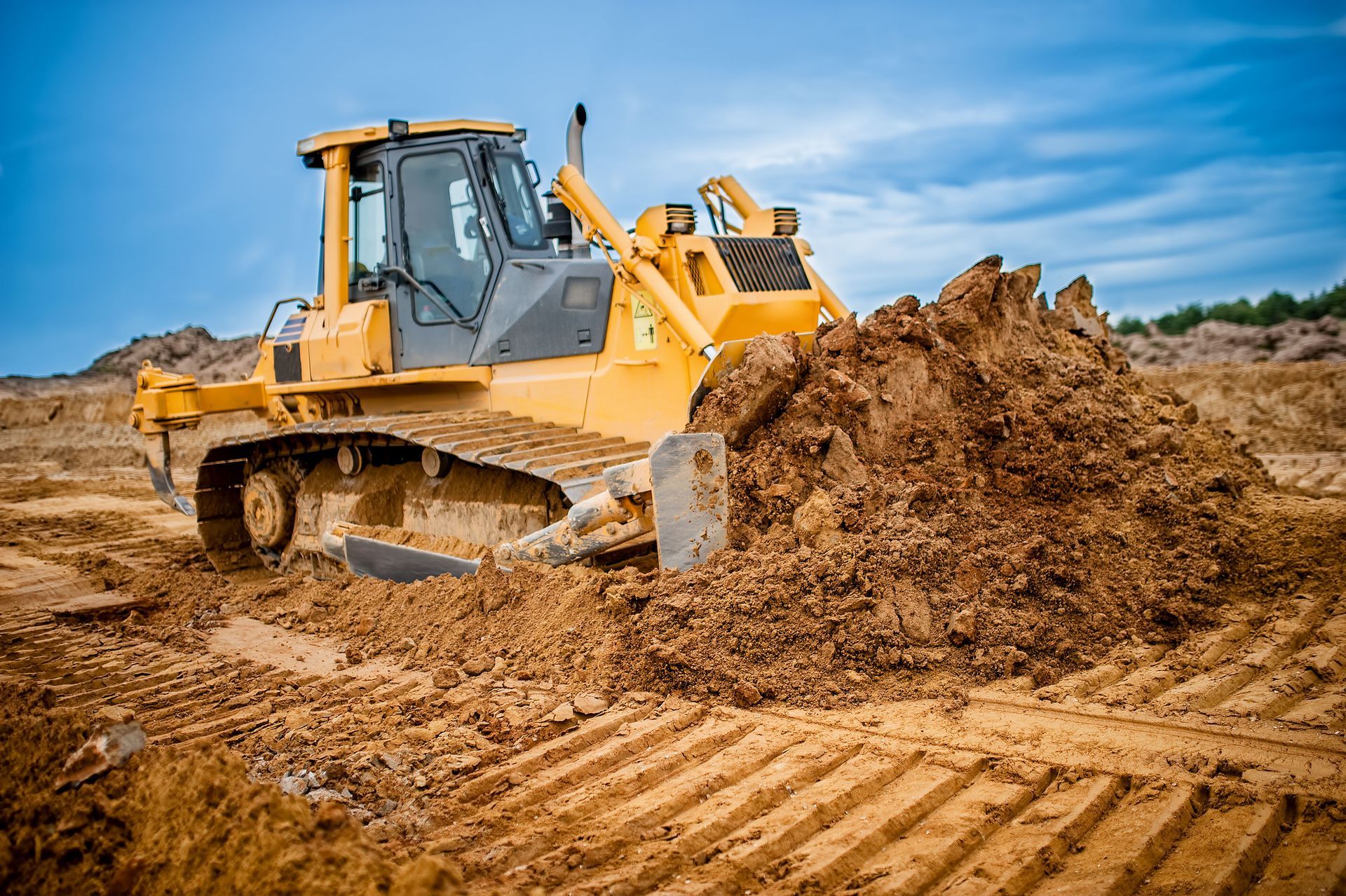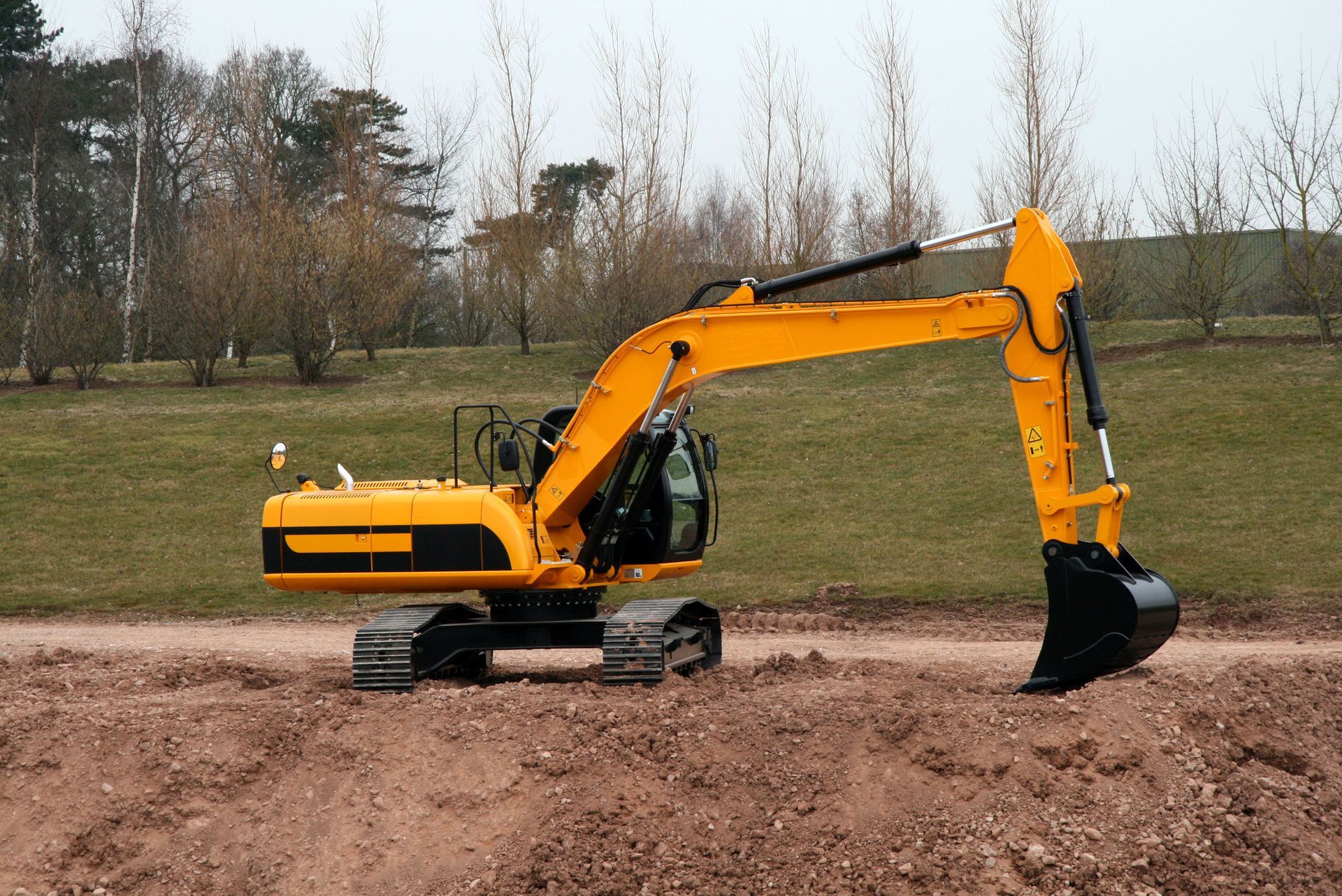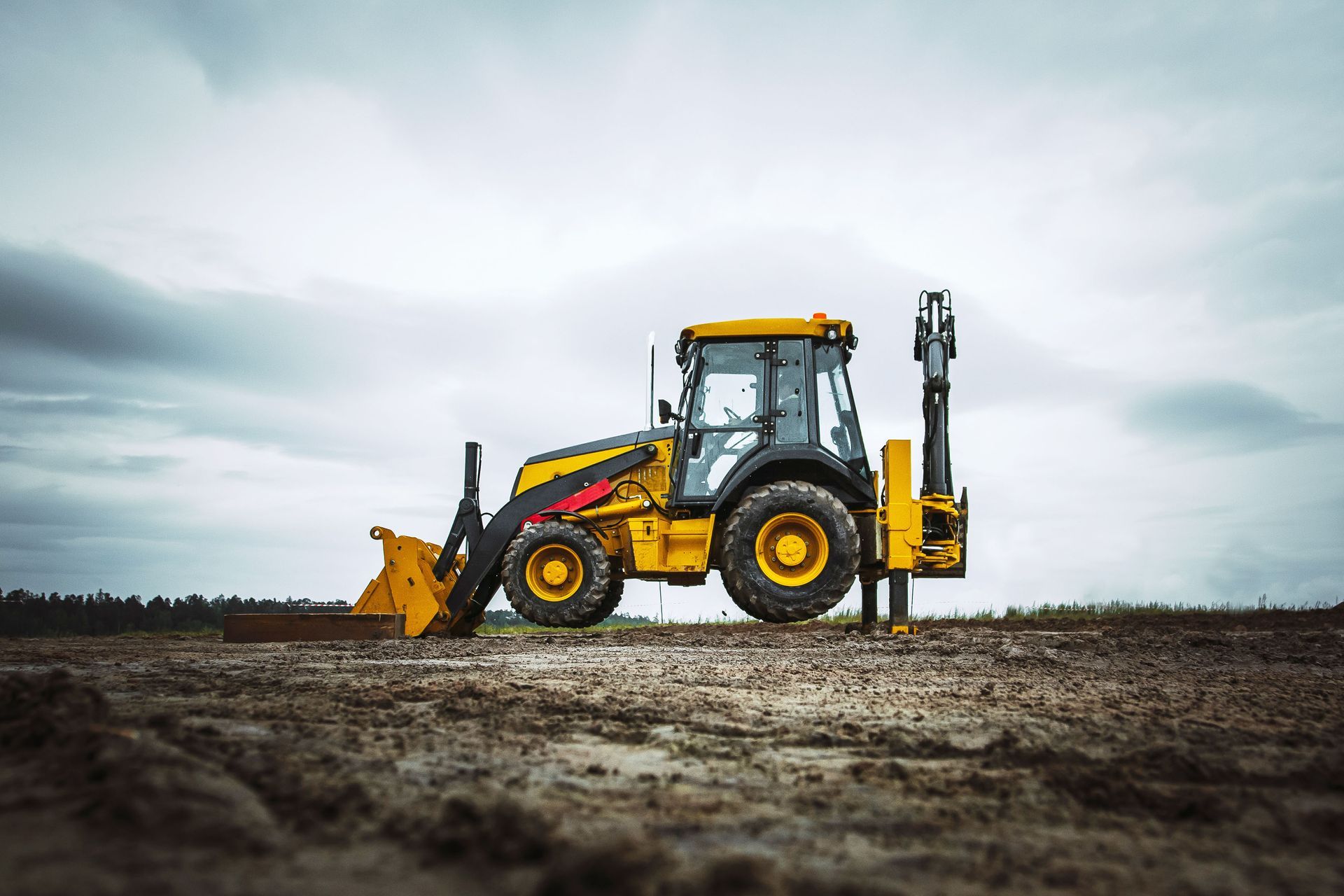3 Things You Need to Know About Equipment Rental Services
In this article, we will explore the essential aspects of equipment rental services. These services offer a unique advantage for businesses and individuals who require equipment for short-term projects or occasional use. Understanding how they function can save you time and money, ensuring you make the most of your rental experience.
1. Advantages of Renting Equipment
1.1 Cost-effectiveness
Equipment rental services can often be more budget-friendly than purchasing new tools or machinery. By choosing to rent, companies and individuals can allocate their resources to other areas of business or personal projects. The initial outlay for purchasing equipment can be substantial, and rental provides a way to access necessary tools without a significant financial commitment. In addition to saving on upfront costs, rentals also eliminate the need for long-term investment, allowing for greater financial flexibility. This approach is particularly beneficial for startups and small businesses where cash flow is crucial.
1.2 Access to the Latest Technology
Rental services often offer access to the latest models and technologies in equipment without the need for ownership. By renting, businesses can utilize the most advanced tools and machinery, which might be otherwise unaffordable or impractical to purchase outright. Access to state-of-the-art technology can provide a competitive edge, enabling completion of projects with greater efficiency and precision. This model also allows businesses to test new technology without committing to a purchase, ensuring it meets their requirements before investing. Moreover, frequent updates in technology ensure that rented equipment is often more advanced than older owned equipment.
1.3 Flexibility and Convenience
Rentals offer flexible terms and convenience, allowing you to get equipment when you need it for as long as needed. Flexibility is key in managing project timelines efficiently, especially when needs are temporary or fluctuate unpredictably. The convenience of being able to return equipment after use alleviates the need for storage and maintenance. Rental agreements can be tailored to specific project durations, whether short-term or extended, ensuring that equipment availability aligns directly with project schedules. This adaptive nature of renting supports both scheduled operations and sudden requirements, offering peace of mind to users.
1.4 Reduced Maintenance Costs
By using equipment rental services, you avoid long-term maintenance and repair expenses associated with owned equipment. Maintenance can be costly and time-consuming, but rental agreements typically cover routine service, reducing the burden on the renter. This ensures that equipment is always in good working condition, minimizing downtime and increasing productivity. Furthermore, rental firms often provide immediate replacements or repairs, so projects can continue without interruption. This shift of responsibility from the renter to the service provider enhances reliability and reduces operational headaches.
1.5 Space Savings
Without the need for storage, renting can help you save valuable space on your premises. Equipment can be returned after use, freeing up space for other needs without the clutter of tools and machinery. This is particularly beneficial for urban facilities and smaller operations with limited storage capacity. Space savings lead to more organized work environments, which can improve workflow and safety. Additionally, it reduces the potential for equipment-related liabilities due to improper storage or overcrowding.
2. Types of Equipment Available for Rent
2.1 Construction Equipment
Ranging from excavators to bulldozers, equipment rental services offer a variety of construction machinery. These heavy-duty machines are critical for large-scale construction projects, and renting offers an affordable way to access them. Equipment like cranes, loaders, and graders is also widely available, catering to diverse construction needs. The flexibility of renting allows businesses to scale up their operations quickly without massive capital expenditure. According to MarketsandMarkets, the global equipment rental market is expected to grow significantly, reaching $335 billion by 2025, reflecting increased demand in sectors like healthcare. By having access to a wide range of construction equipment, firms can undertake comprehensive projects that require multiple types of machinery.
3. Factors to Consider When Choosing a Rental Service
3.1 Rental Terms and Policies
Understand the terms and policies, including duration, fees, and responsibilities. Each rental service will have different agreements detailing what is included and what is not. Ensuring you’re clear on aspects like how long you can keep the equipment and how much each day will cost is crucial. Legal responsibilities and insurance coverage should also be assessed to avoid unexpected liabilities. A thorough understanding of terms helps in making informed decisions and prevents conflicts during the rental period.
3.2 Availability and Inventory
Check if the rental company offers the equipment you need and whether it's available. Availability is a crucial factor, especially for time-sensitive projects where equipment delay can lead to setbacks. Before choosing a rental service, confirm the company’s inventory, ensuring the necessary tools are on hand. It's also wise to verify whether they can provide alternate options or solutions if specific equipment is unavailable. Having a reliable supplier with a comprehensive inventory ensures project goals can be met without compromise.
3.3 Reputation and Reviews
Research the company’s history and reviews to ensure reliability and quality service. Reputation is a significant indicator of a service provider's trustworthiness and quality. Customer reviews provide insight into previous clients' experiences, revealing the consistency and reliability of the service. Past performance can signal their ability to support your project effectively, and checking multiple sources can provide a balanced view. Picking an equipment rental service with stellar reviews and strong recommendations gives confidence in receiving dependable equipment and service quality.
3.4 Insurance and Liability
Make sure the equipment rental services agreement includes proper insurance coverage and liability terms. Rental contracts should cover all potential risks to protect both parties should damage or accidents occur. Understanding liability terms helps clarify the responsibilities and financial implications of any issues. Without proper insurance, a minor incident could become financially burdensome, defeating the initial cost-effective purpose of renting. It's crucial to address these aspects upfront to avoid any misunderstandings or disputes.
4. Understanding the Rental Process
4.1 Reservation and Booking
Learn how to reserve and book equipment through the rental company’s system. The rental process often begins with identifying your project's specifics to determine what equipment is required. Many companies now offer online booking platforms, streamlining the reservation process for ease and efficiency. Understanding this process helps ensure the availability of necessary equipment at the preferred time. Early booking can also lead to discounted rates, maximizing budget allocation.
4.2 Delivery and Setup
Check whether the company offers delivery and setup services for the rented equipment. Many rental companies provide transport solutions, delivering equipment directly to project sites, which can save time and resources. Set up services to ensure that equipment is properly installed by qualified personnel, further reducing risks and project interruptions. This convenience simplifies logistics, enabling teams to focus on project implementation.
4.3 Operation and Training
Some rental services offer training in the operation of complex equipment. This is essential when renting sophisticated or unfamiliar machinery, ensuring safety and efficiency. Proper training leads to better usage of equipment, minimizing the risk of damage or accidents. Rental companies investing in operational training often have the edge, providing value-added services that greatly benefit users.
Equipment rental services provide viable and cost-effective solutions for those seeking temporary use of equipment. By understanding the advantages, types of equipment available, considerations for choosing a service, and future trends, renters can make informed decisions that optimize their projects and budgets. As the industry evolves with technological advancements and sustainable practices, rental services are poised to offer even greater benefits in the future. Contact Big O's Equipment Rental and Sales LLC today for more information.




Share On: